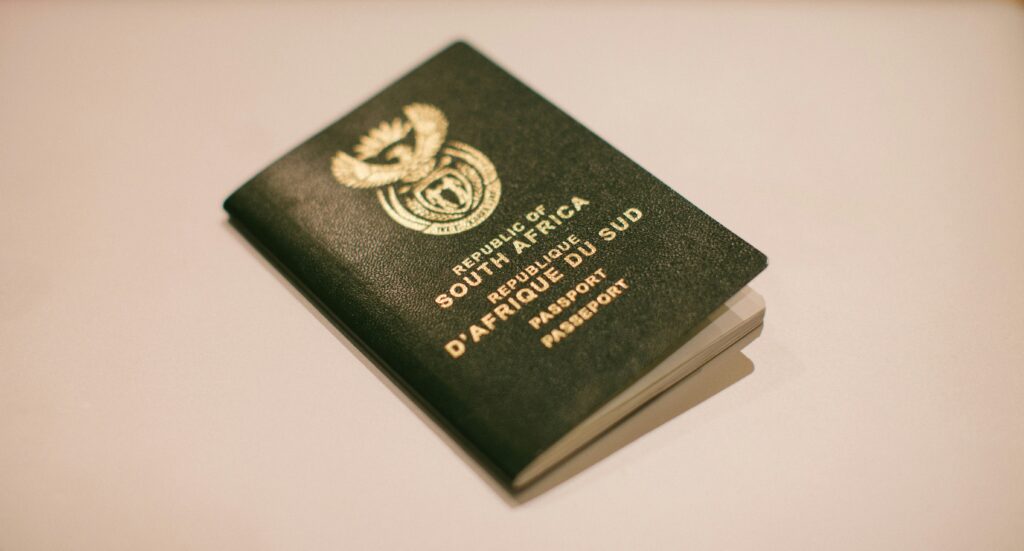Getting a temporary residence visa is generally the first step in moving to Belgium for employment, school, family, or other long-term reasons. This permission lets people from outside the European Union dwell in Belgium lawfully for more than 90 days. Immigration regulations in Belgium make sure that people who move to the nation do so for a good reason and in a way that is good for the environment. These laws also make sure that those who want to live in Belgium temporarily follow the rules. People from the EU, EEA, and Switzerland have an easier time moving to another country, while people from other countries have to go through a more complicated application and approval process.

Purpose-based entry requirements
Finding out why you want to go to Belgium is the first step in getting a temporary residence visa. Some common reasons include for work, self-employment, education, training, an internship, family reunion, or humanitarian reasons. For each of these paths, there are certain prerequisites and papers that must be submitted with the application. For instance, someone moving for work must show an employment contract and get permission from the area employment office. Students also require a letter of admission from a recognised school in Belgium and confirmation that they have enough money to pay for their living costs.
Getting a type D visa
Most people from outside the EU will need to have a type D visa, which is also called a long-stay visa, before they may visit Belgium. The Belgian embassy or consulate in the applicant’s home country gives out this visa. It lets the applicant enter Belgium with the plan to remain for more than three months. A type D visa application must include a valid passport, proof of housing, and often a medical certificate, police clearance, and all supporting documents related to the reason for moving. Once you have the visa, you can generally only enter once and have to utilise it within a certain amount of time.
Arrival and registration in Belgium
When they get to Belgium, they need to go to the local municipal administration office (commune) in the region where they want to live. You have eight days from the time you arrive to complete this. The municipal office will start the process of giving out a residence permit and may send the police to check the applicant’s address. While they wait for their official residency card, the applicant will get a temporary registration certificate (Annex 15 or Annex 49, depending on the circumstances).
After the commune has checked everything and sent the registration information to the Immigration Office, the temporary residency card, also known as “A card,” is sent out. This card allows you to stay in Belgium legally for one to three years, depending on your permit type and the duration of the contract or program you submitted.
Terms and renewals
There are rules that must be followed for the whole stay for temporary residency permits to be valid. For workers, keeping their jobs and following tax laws is quite important. Students must stay enrolled and show that they are making progress in school. People with permits must have health insurance that is still good and must not become a burden on the Belgian social system.
The holder of a permit must apply for a renewal ahead of time, generally at the same local commune, when the permission is about to expire. Renewals rely on still being eligible and meeting the initial requirements. If those conditions are completed, the permit may be renewed, and over time, the person may be able to get permanent residency or even Belgian citizenship.
Legal pathway toward stability
The temporary residency visa is the first step towards living in Belgium for a long time. For a lot of people, it’s the first legal step towards making a life in the nation. A person who has lived legally in a country for five years straight, even if they had to get temporary permits, may apply for permanent residency. This gives them more stability and fewer limitations.
You may also find these articles helpful
How to get a residence permit for financially independent individuals in Italy?
Latvian Residence by Purchasing Real Estate
A new way to get a residence permit in Portugal: Green visa for investors
